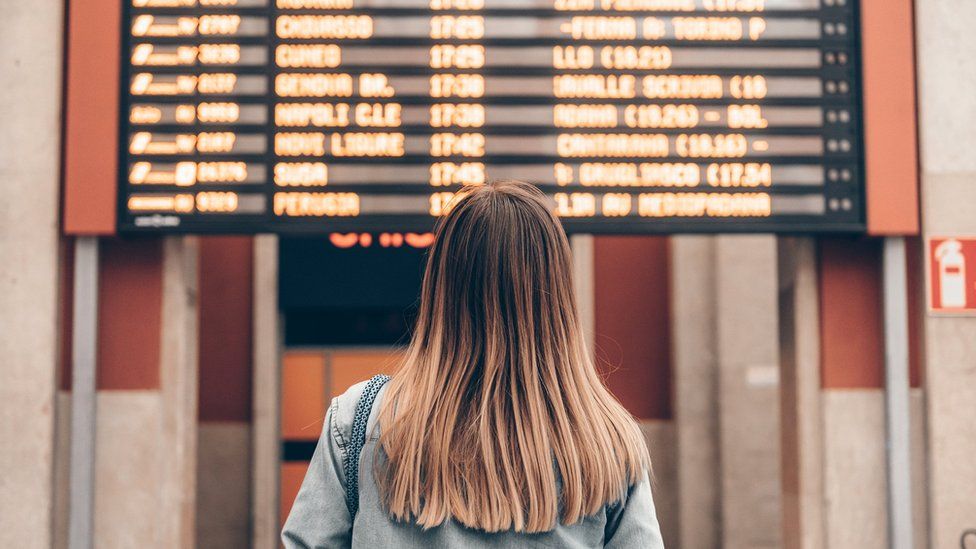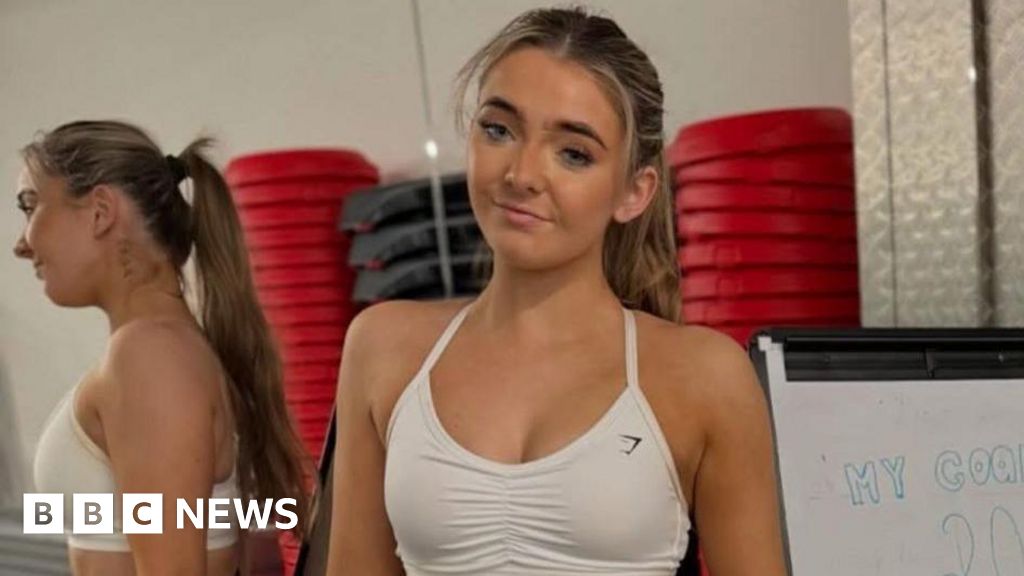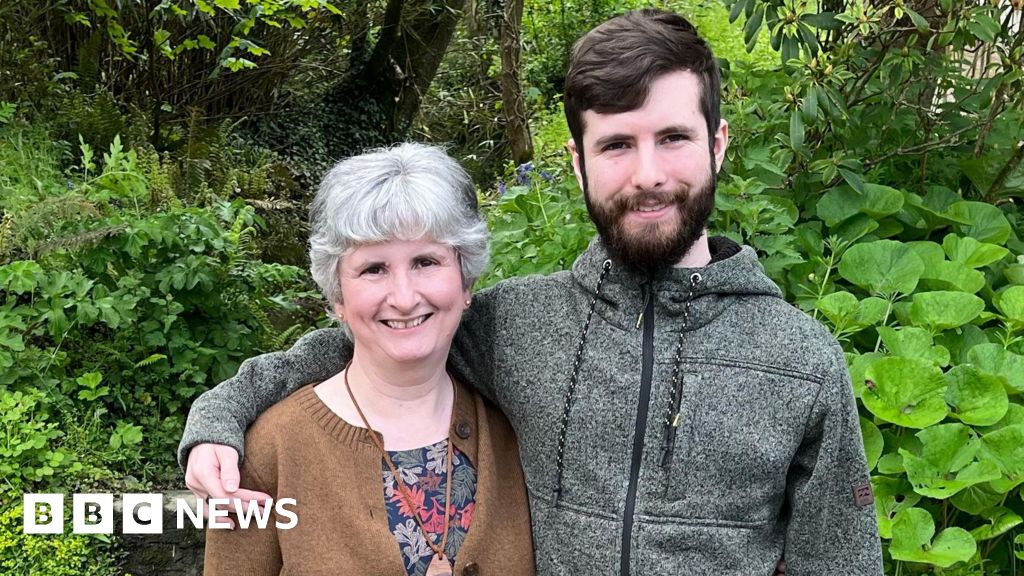ARTICLE AD BOX
By Katy Austin
Transport correspondent
 Image source, Getty Images
Image source, Getty Images
Large parts of Britain have no train services as rail workers in several unions have walked out on the same day.
No trains are running between London and major cities including Edinburgh, Brighton and Newcastle.
The leader of train drivers' union Aslef told the BBC he was committed to talks, but a deal appeared far away.
Meanwhile, it is the second of two days of action by Royal Mail workers. The Communication Workers Union called it the "biggest strike of the year".
It will be the first time the rail unions have walked out on the same day, and will involve about 54,000 members, so services will be more disrupted than on previous strike days.
Large parts of the network will grind to a complete halt with only about one in 10 services running, starting later and finishing earlier than usual.
Some operators including Northern, Avanti West Coast and Southeastern will not run any trains for the whole day.
The RMT union expects that more than 40,000 of its members who work at Network Rail and 16 train companies will not show up for work.
Joining them are 9,000 train drivers who are members of Aslef, working at 12 train companies. The Heathrow Express is also affected.
The TSSA also expects about 5,000 of its staff to walk out. A few hundred members of the Unite union have strike action scheduled too.
The Aslef union also plans a train drivers strike for 5 October, with another RMT walkout scheduled for 8 October.
Many who had planned journeys to the capital for the London Marathon are having to re-think their plans.
Those running the major charity fundraising event have to collect their event pack at ExCel London by the end of Saturday.
Most services on Sunday will start later than usual following Saturday's disruption but London Marathon said Southeastern trains would get passengers to the start line on time.
'It's hitting normal people'
Image source, Karen Andrews
Image caption,Karen Andrews got a ballot place in the London marathon after 6 years' trying
Karen Andrews from Staffordshire is raising money for her local hospital's breast care unit, where she was treated for cancer.
She was meant to travel down by train on Saturday, but when the strike was announced, "everything was thrown into disarray".
"I've not slept very well since I knew that we were affected," she said. "And every morning when I've woken up I've thought how are we going to work this out."
She could not take time off work, but her husband decided to go to London during the week to collect her race pack. He will now be driving her down on Saturday.
"I understand people wanting pay rises, of course, but it's hitting normal people".
The strike will also affect people travelling to and from the Conservative party conference, which begins on Sunday, as well as thousands of people heading to events such as football matches.
The Department for Transport said that disruption over the weekend would "push passengers further away" and called on union bosses to reconsider.
Mick Whelan, Aslef's general secretary, told the BBC the union had not deliberately targeted the London Marathon, but there was "no ideal time to strike".
He said some Aslef members were running the marathon, and apologised to anyone affected by Saturday's walkout.
Aslef says many drivers are effectively being given a pay cut because of the rising cost of living, but insisted insisted he was "truly committed" to trying to resolve the dispute through negotiations.
He said talks with industry representatives were ongoing, but the two sides were "currently not very close at all" to agreement.
The new Transport Secretary, Anne Marie Trevelyan, has so far met the general secretaries of both Aslef and the RMT, which had been described as a "good start".
But on Saturday, the RMT's general secretary Mick Lynch wrote to the MP to take "urgent steps" to allow an agreement.
He suggested that tax cuts "targeted at the rich" in the chancellor's recent mini-Budget "reinforced the determination" of union members to get a better pay deal, in addition to protecting job security.
Image source, Getty Images
Rail bosses have consistently said they do want to give a pay rise.
There is pressure to save money due to the pandemic, when the government effectively took control of the railway, and billions of taxpayers' money was poured in to keep services going.
With travel patterns changed, the industry argues reforms are necessary to prevent taxpayers or farepayers having to put in more money.
Network Rail, which maintains the tracks and signalling systems, is pressing ahead with trying to implement changes to how its maintenance teams work. They were proving a sticking point in negotiations and could mean job losses.
The RMT rejected a latest pay offer of 4% in the first year, plus another 4% in the second year, conditional on reforms. Other benefits like discounted rail travel were included.
But Network Rail has repeatedly called on the union to allow members to vote on the offer.
Its chief executive Andrew Haines told the BBC he thought it was a "decent package" and that there was a balance needed between protecting jobs and ensuring the growth of the railway system.
The communication Workers Union members at Royal Mail also plan to strike for 24 hours from 04:00 on 13, 20, and 25 October, and 28 November.
These walk-outs will hit the peak postal build-up to Christmas including Black Friday week and Cyber Monday.
It said its "significant announcement" reflects the "level of anger" workers feel. But the Royal Mail Group said further strikes would make its financial position worse and threaten workers' job security.

 2 years ago
40
2 years ago
40








 English (US) ·
English (US) ·